G20: World Bank Lauds India’s Massive Financial Inclusion Through Digital Tech
Updated: Sep 09, 2023 12:51:06pm
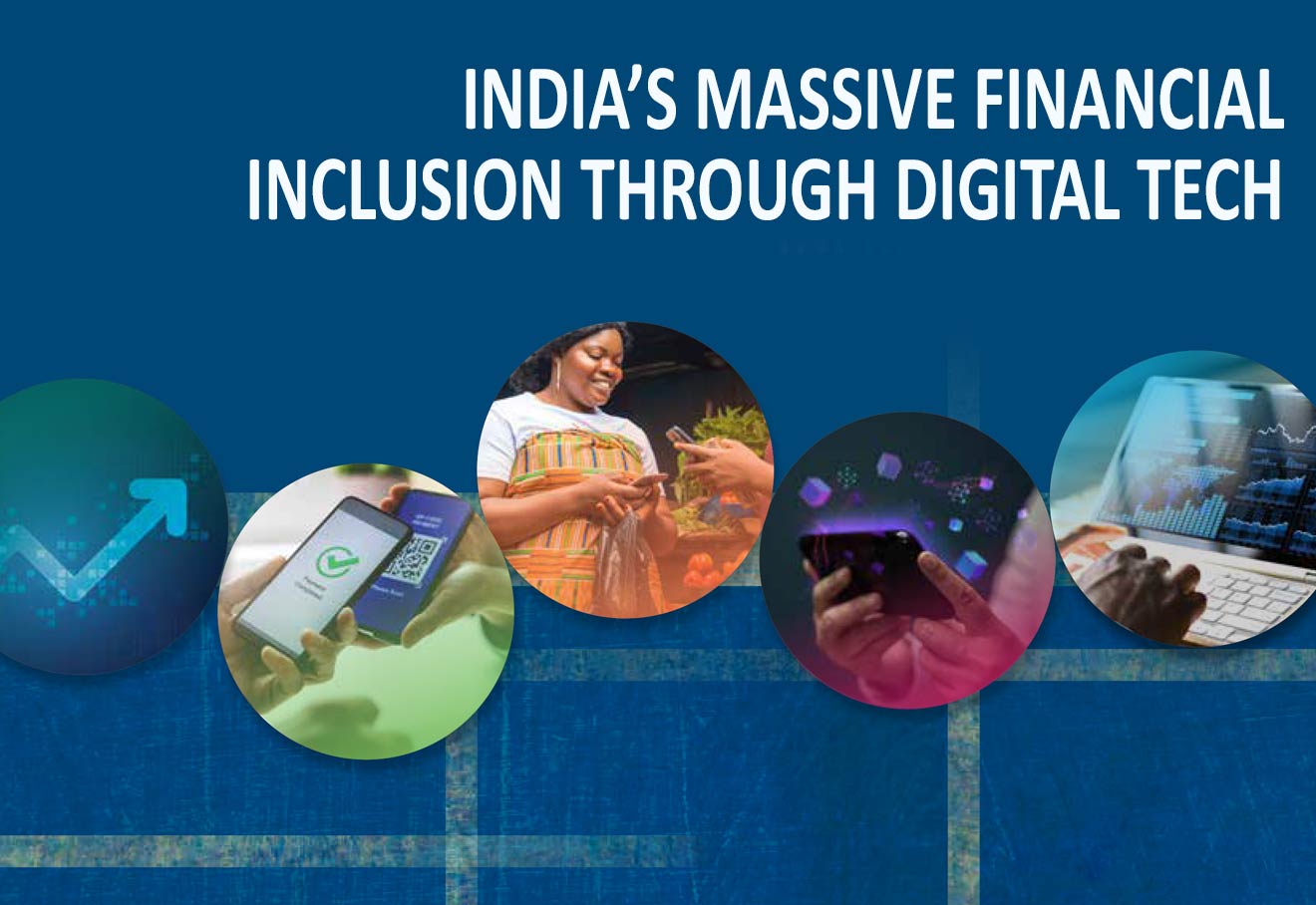
G20: World Bank Lauds India’s Massive Financial Inclusion Through Digital Tech
New Delhi, Sept 9 (KNN) The World Bank has highly appreciated India’s DPI approach the World Bank document notes that India has achieved in just 6 years what would have taken about five decades.
Digital Public Infrastructure (DPI) has had a transformative impact on India, extending far beyond inclusive finance.
The G20 Global Partnership for Financial Inclusion document (https://www.g20.org/content/dam/gtwenty/gtwenty_new/document/G20_POLICY_RECOMMENDATIONS.pdf) prepared by World Bank has lauded transformative impact of DPIs in India over the past decade under the Central Government.
The document highlights the groundbreaking measures taken by Central Government and the pivotal role of government policy and regulation in shaping the Digital Public Infrastructure (DPI) landscape.
JAM Trinity has propelled financial inclusion rate from 25% in 2008 to over 80% of adults in last 6 years, a journey shortened by up to 47 years thanks to DPIs.
The document categorically notes, “While DPIs’ role in this leapfrogging is undoubtable, other ecosystem variables and policies that build on the availability of DPIs were critical. These included interventions to create a more enabling legal and regulatory framework, national policies to expand account ownership, and leveraging Aadhaar for identity verification.”
Since its launch, the number of PMJDY accounts opened tripled from 147.2 million in March 2015 to 462 million by June 2022; women own 56 percent of these accounts, more than 260 million.
The DPI in India has also enhanced efficiency for private organizations through reductions in the complexity, the cost and the time taken for business operations in India.
Even some NBFCs have been enabled 8% higher conversion rate in SME lending, a 65% savings in depreciation costs and 66% reduction in costs related to fraud detection. (KNN Bureau)



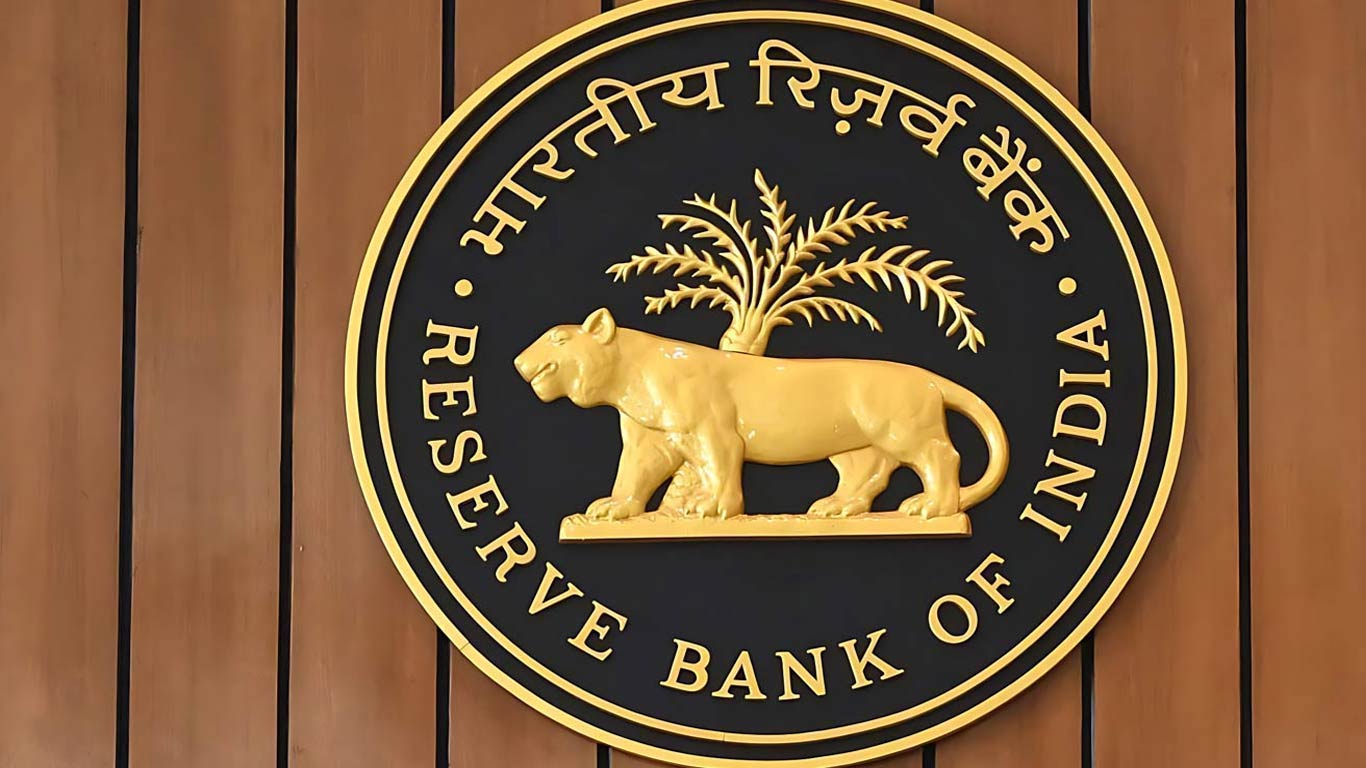
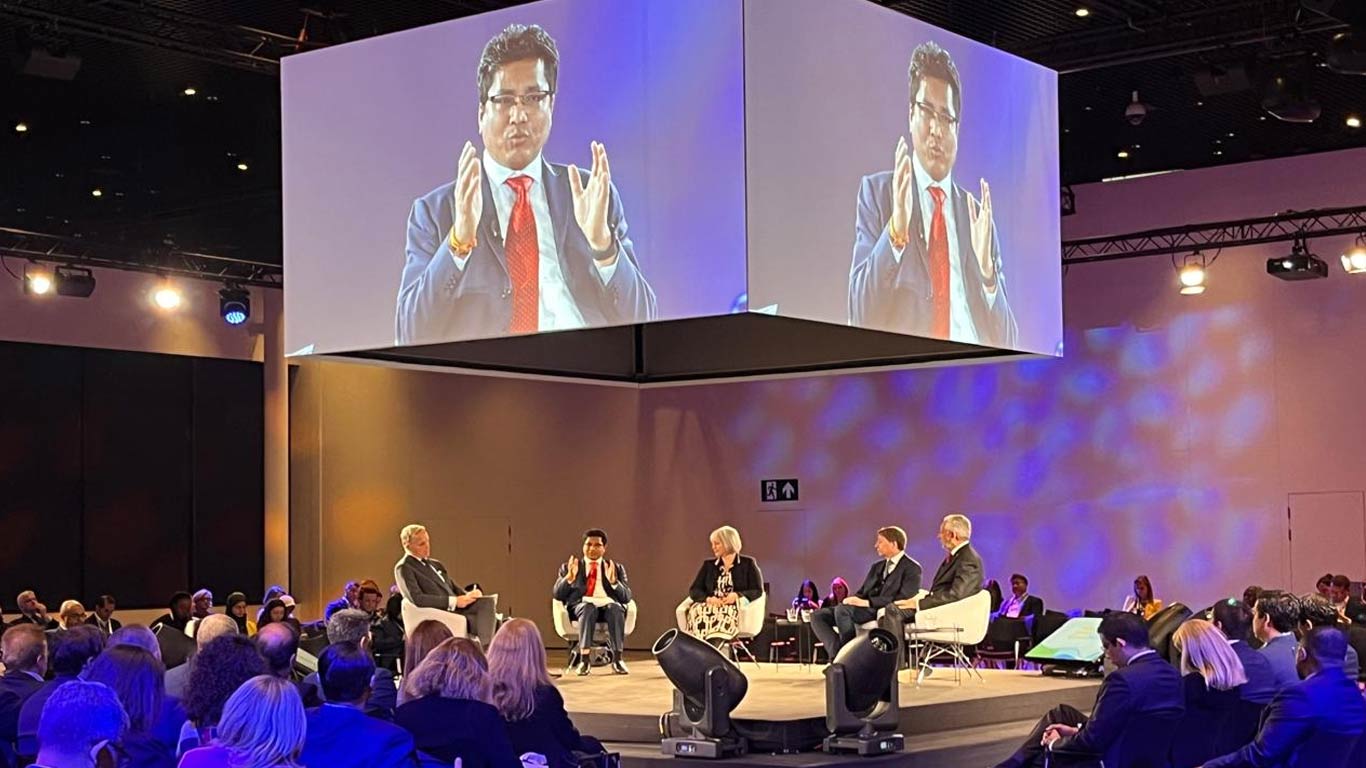
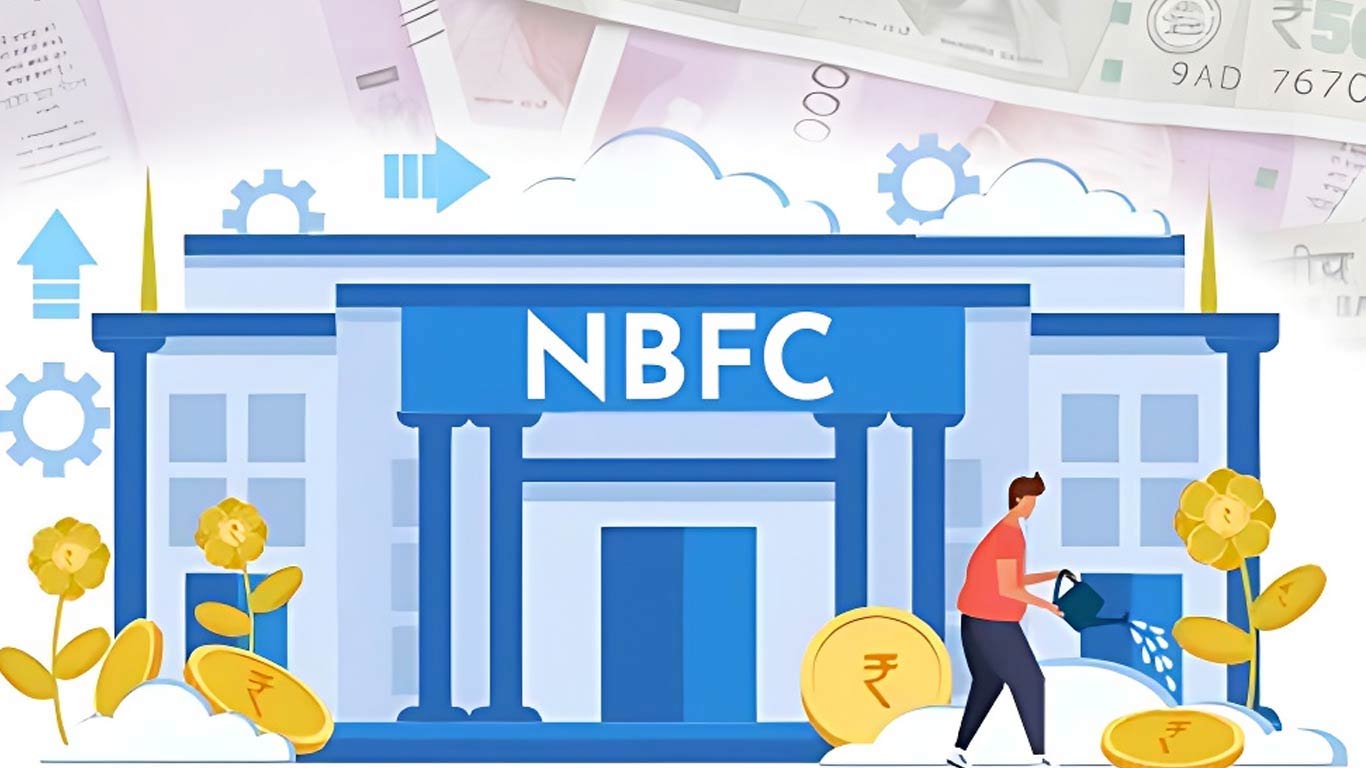
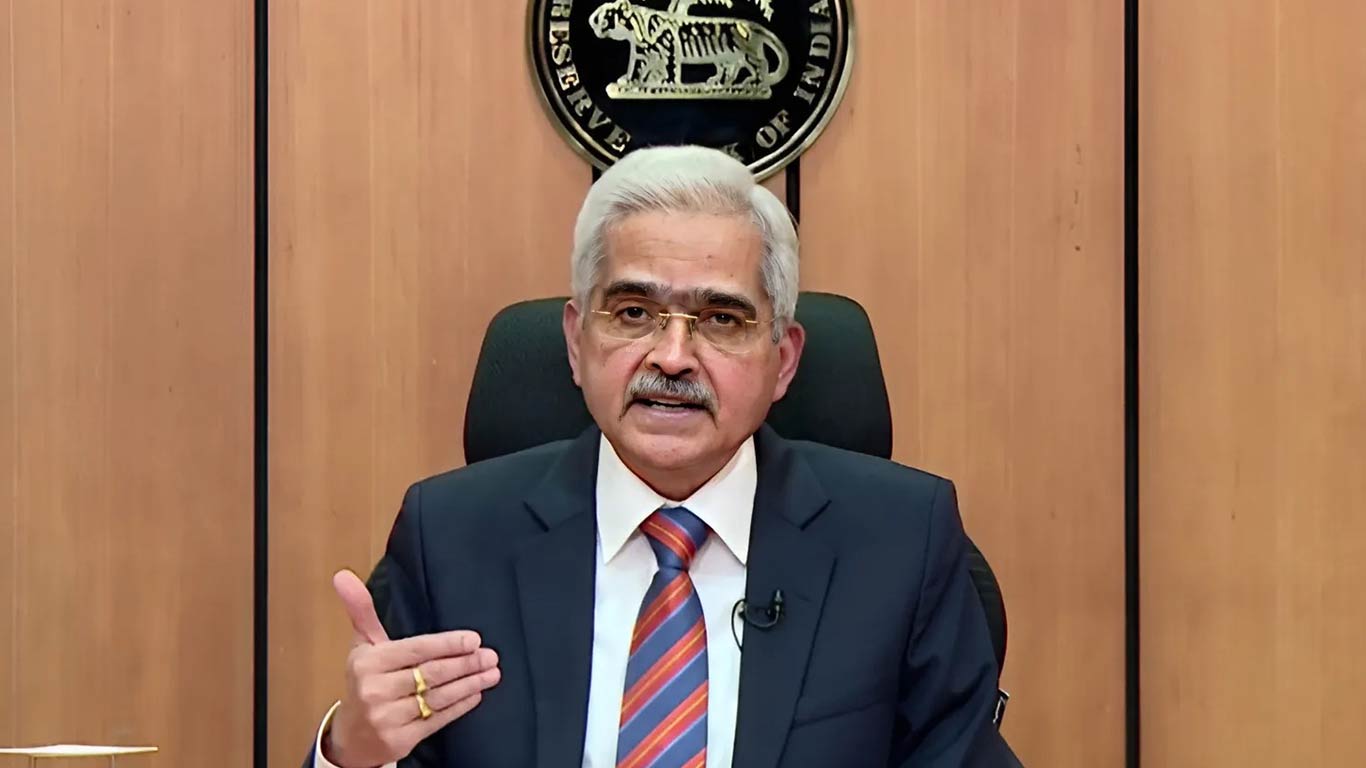





